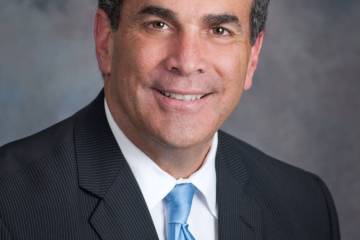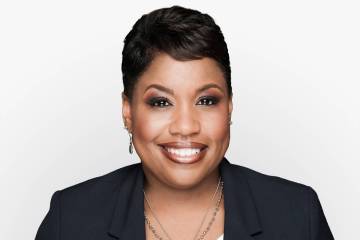Hard money is absolutely critical in today’s economy to keep pace with building and acquisition demand while providing an alternative funding tool. Throughout the Southern Nevada markets this has never been more important as builders and developers continue to do their part in providing infrastructure growth to keep pace with demand. As the exodus from California continues, Nevada remains in third position behind Texas and Arizona in population growth and capturing these fleeing residents. The breakneck pace of 55,000-plus new residents per year from just one state has presented a formidable challenge, yet Nevada presses ahead — adding professional sports franchises, hosting Formula 1 and the Super Bowl, and building everything from luxury condominiums to luxury single-family homes.
I feel good about the long-term prognosis for Las Vegas. We have to get water figured out. We got this workforce issue to resolve, both from producing our own through the educational system and recruiting the appropriate workforce from places like California.
To say 2020 was an unexpected, challenging year would be an understatement. Planning and saving for emergencies can help protect you during unpredictable, difficult times. Most financial planners recommend that you have enough in a savings or checking account to cover a minimum of three to six months of your bills and expenses. It is important that this emergency fund be immediately accessible if an unexpected, serious need arises. Don’t confuse your emergency fund with your stock/mutual fund accounts. It’s possible that the same event that requires you to tap into your emergency fund could simultaneously drive the value of your stocks down 30 percent.
The phrase “forbearance” has been mentioned a lot lately due to the Coronavirus Aid, Relief and Economic Security Act, which was passed by the federal government without much explanation of how it works.
Southern Nevada Banks have quickly moved to defer loan payments and provide additional lines of credit to business borrowers, who are trying to weather the COVID-19 outbreak that has shuttered or curtailed their operations.
If banks are the canary in the coal mine when it comes to the Southern Nevada’s economic prospects moving forward, the opening of the first newly chartered community bank in more than a decade and plans for an industrial bank are a great sign despite the rumblings in the global economy.












